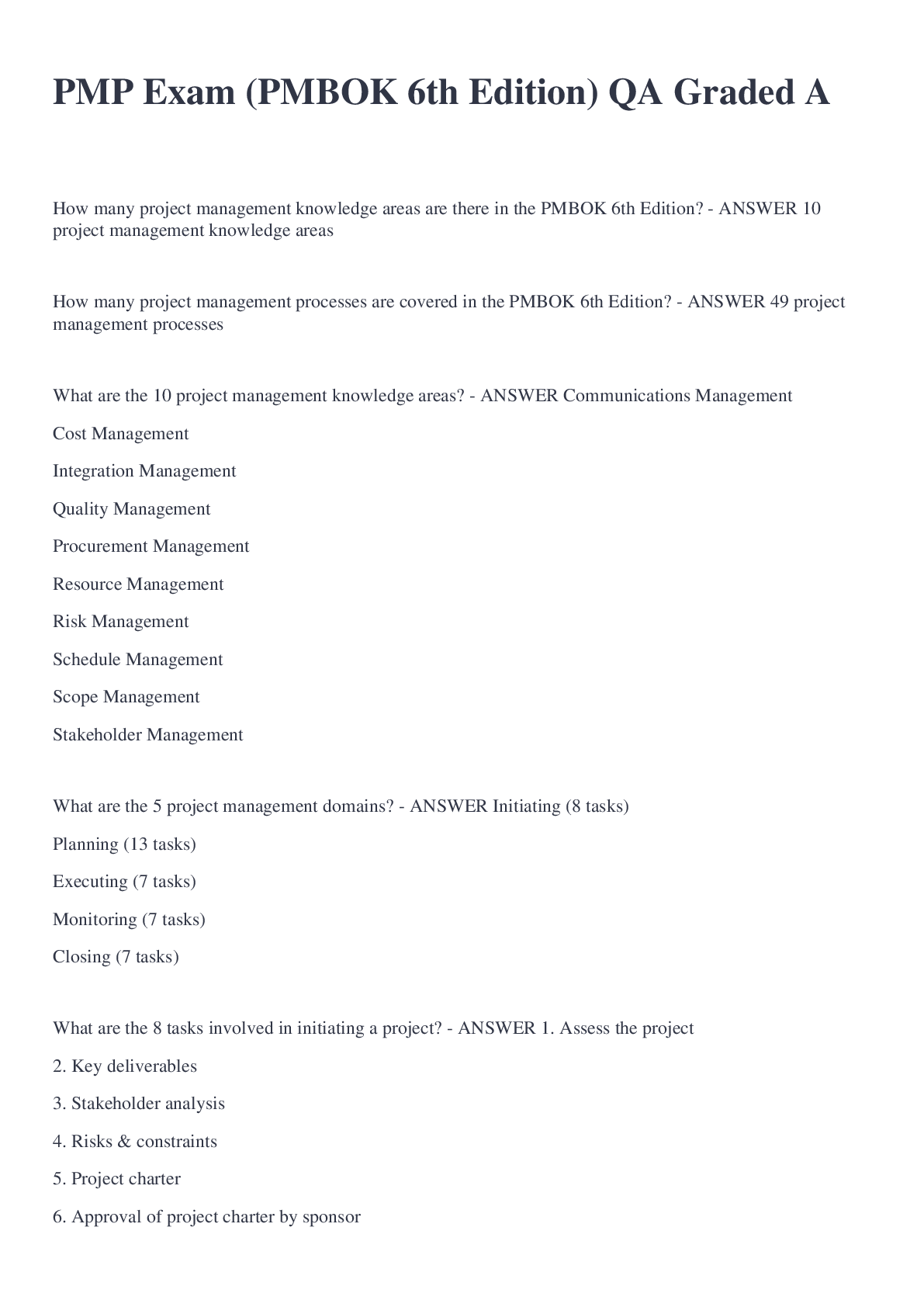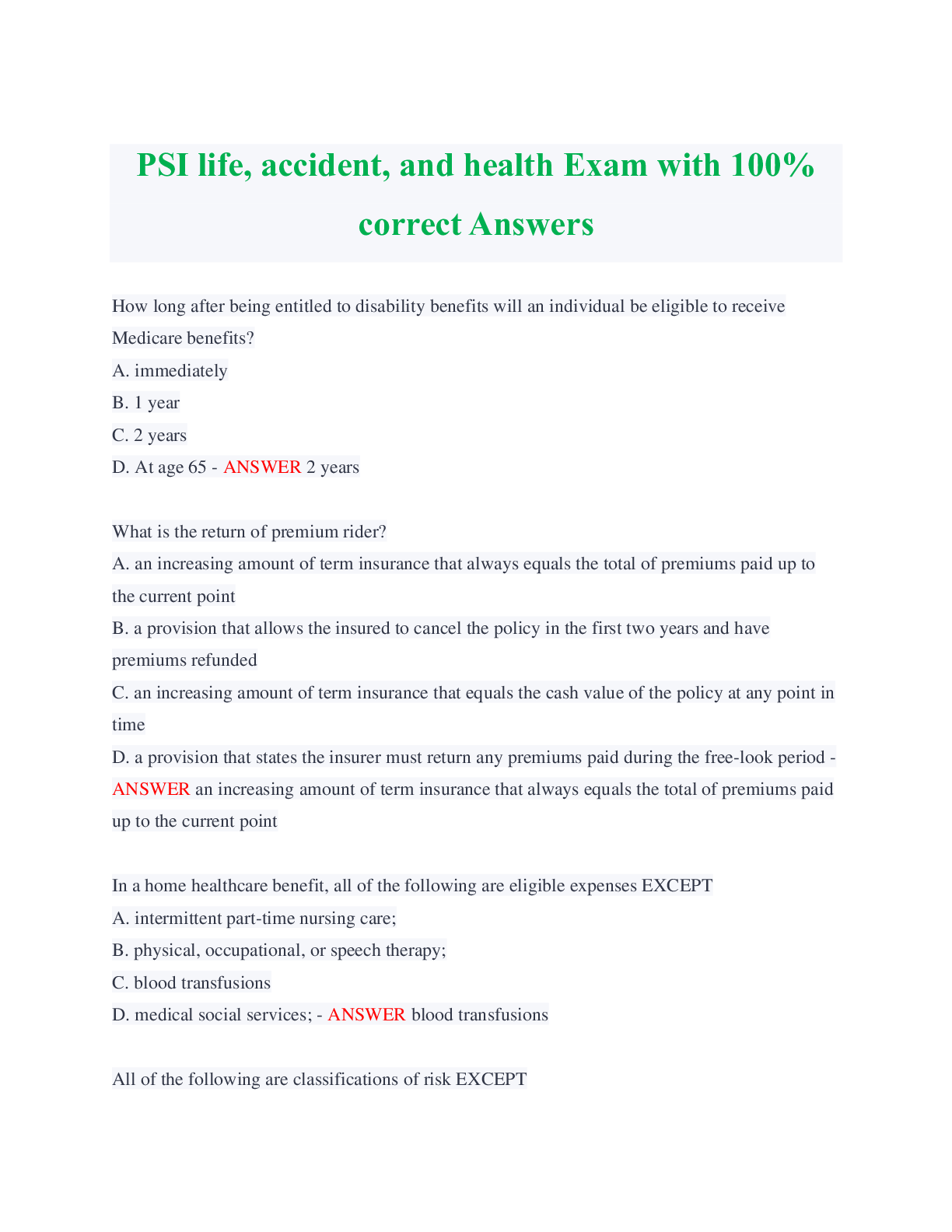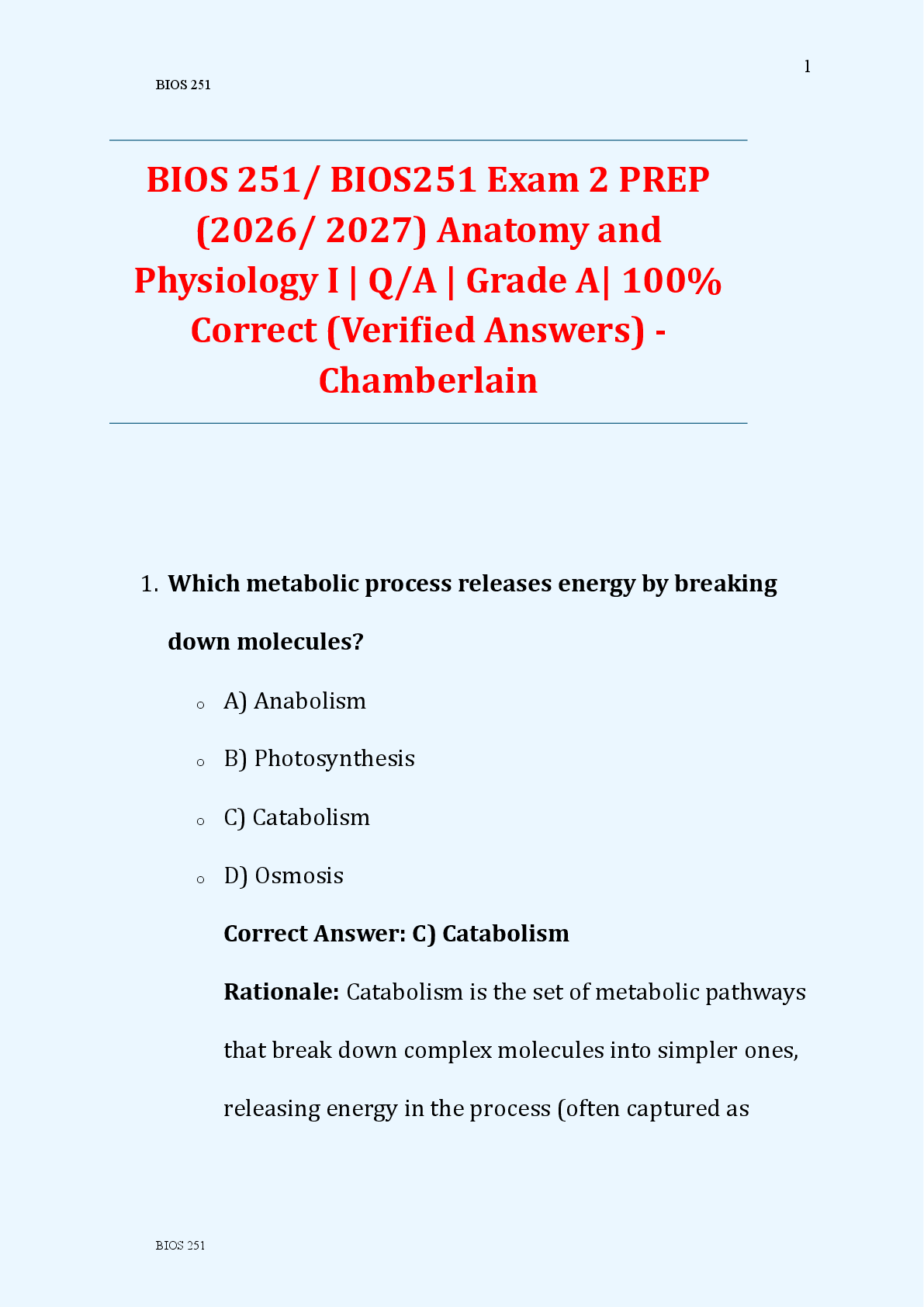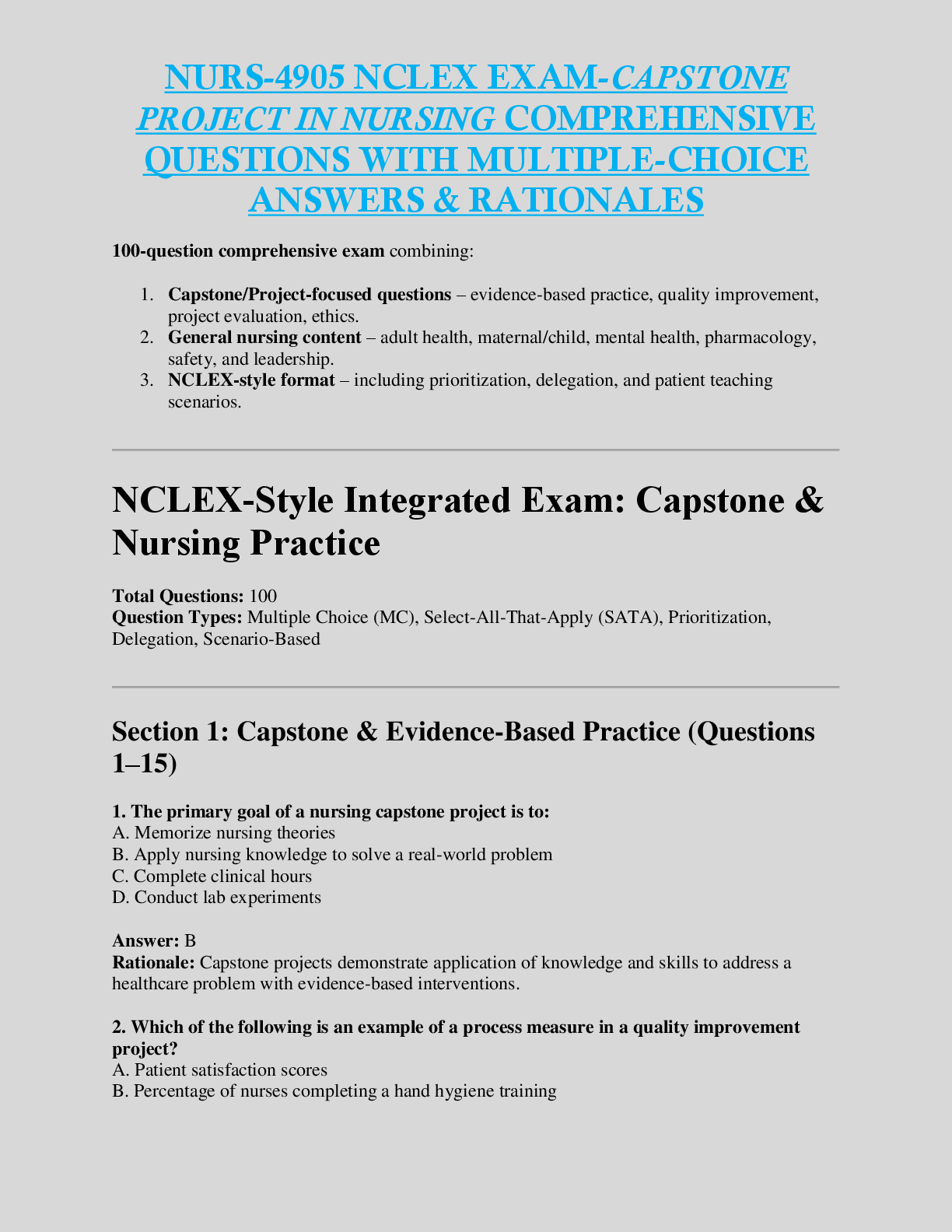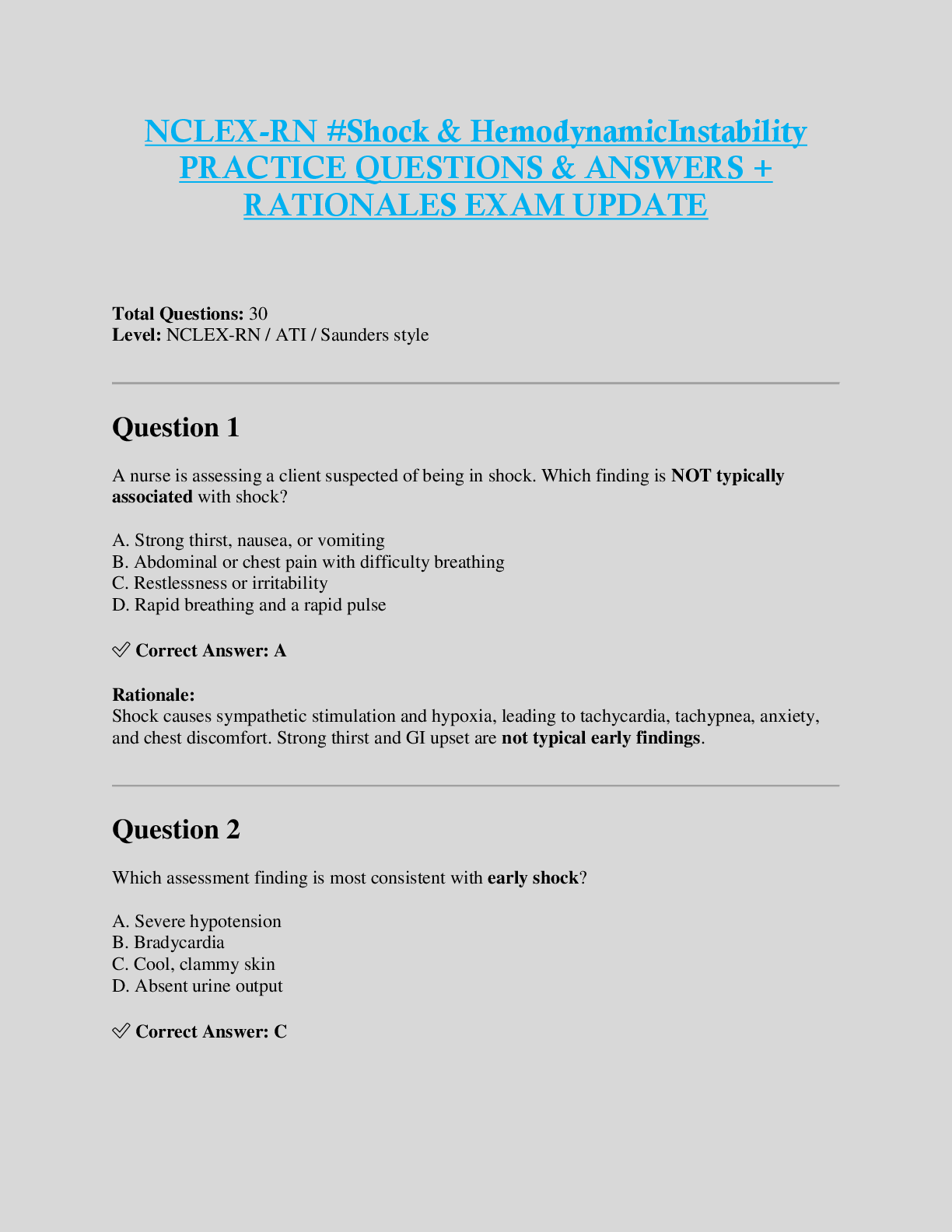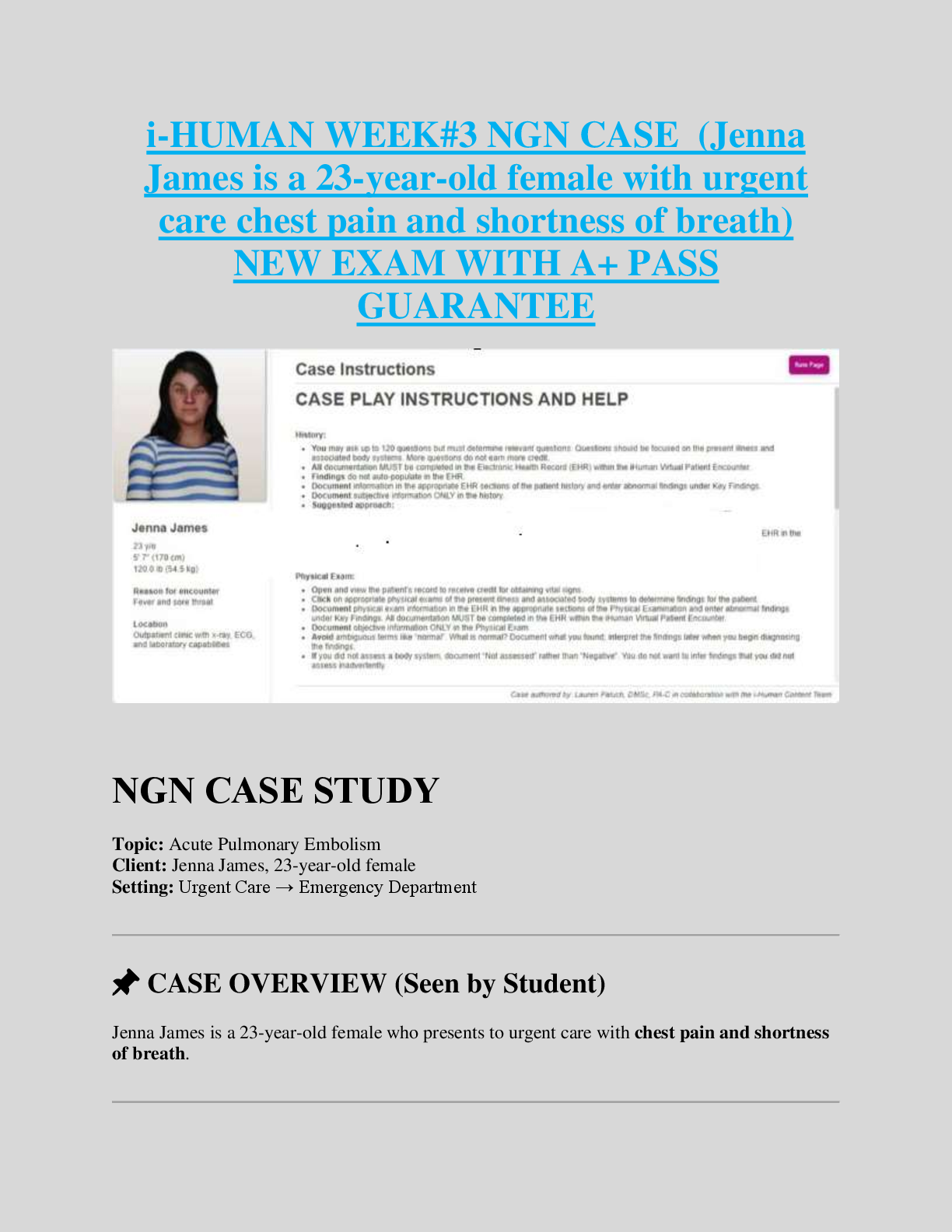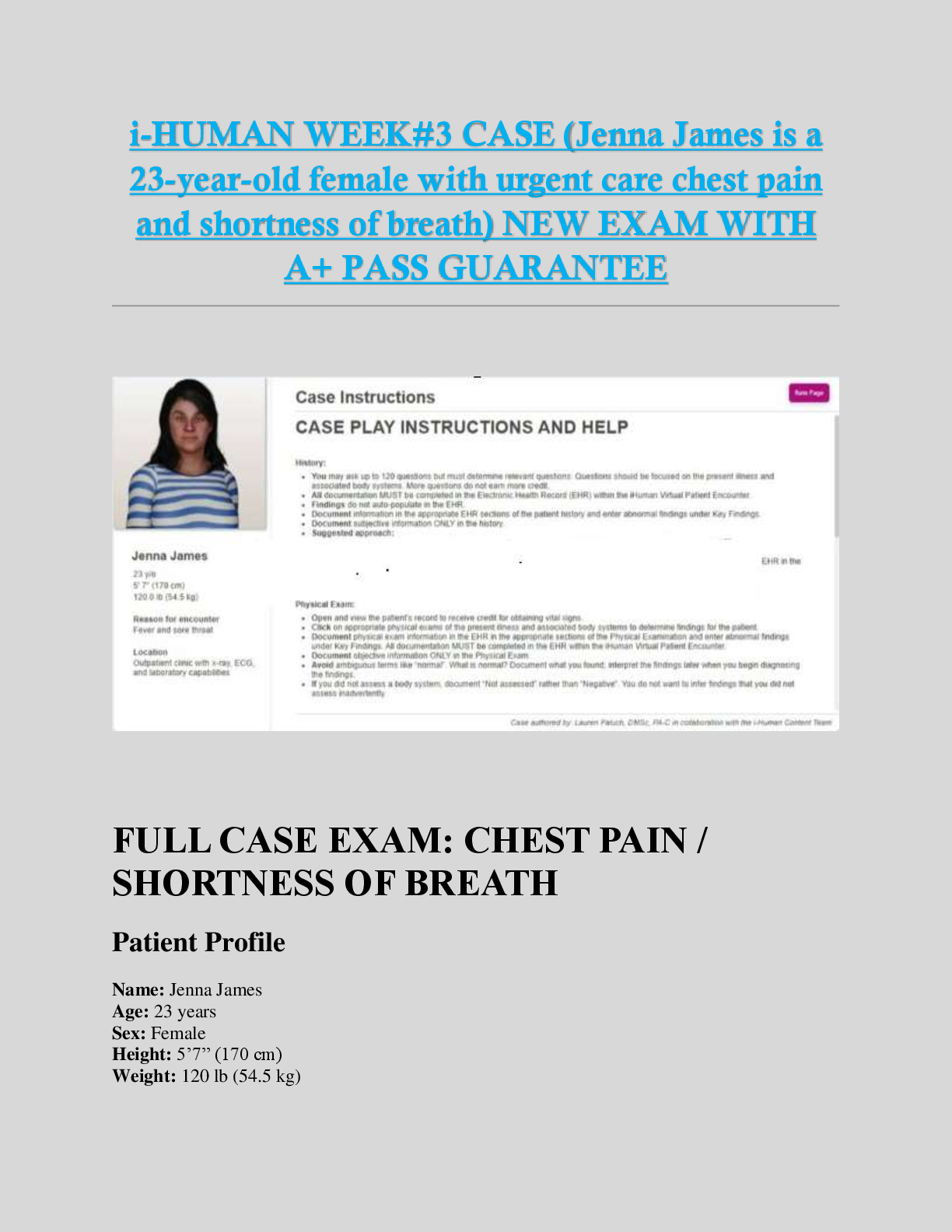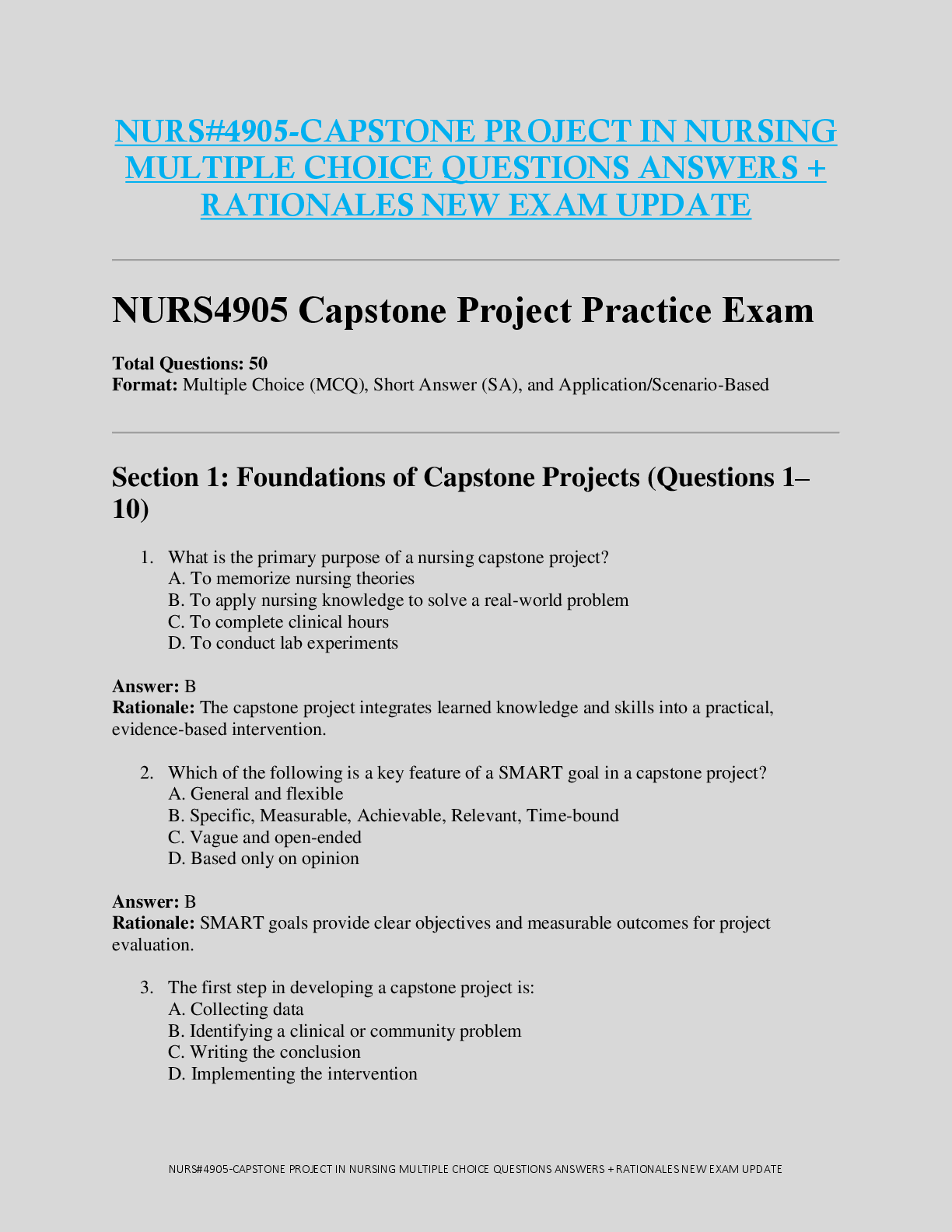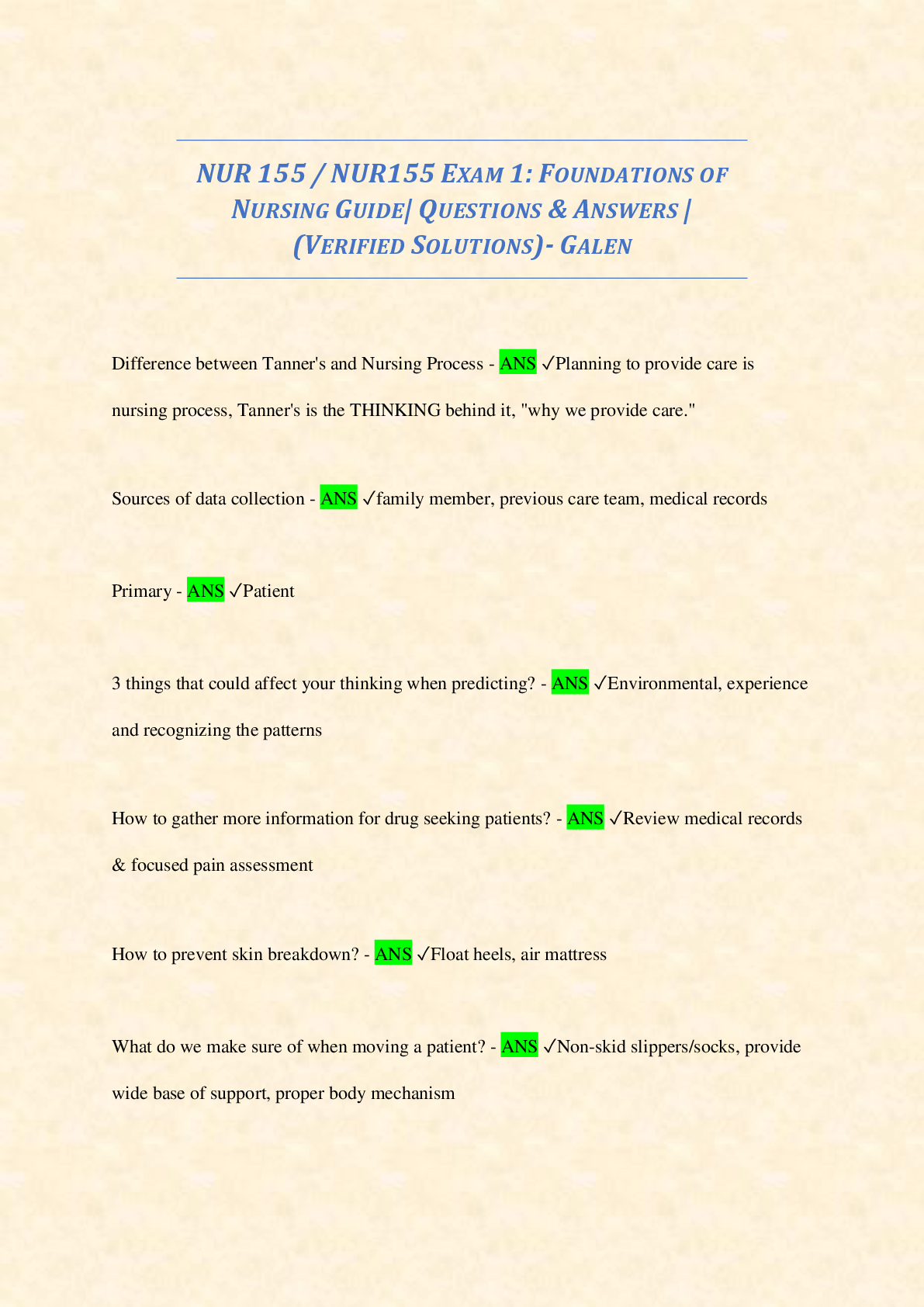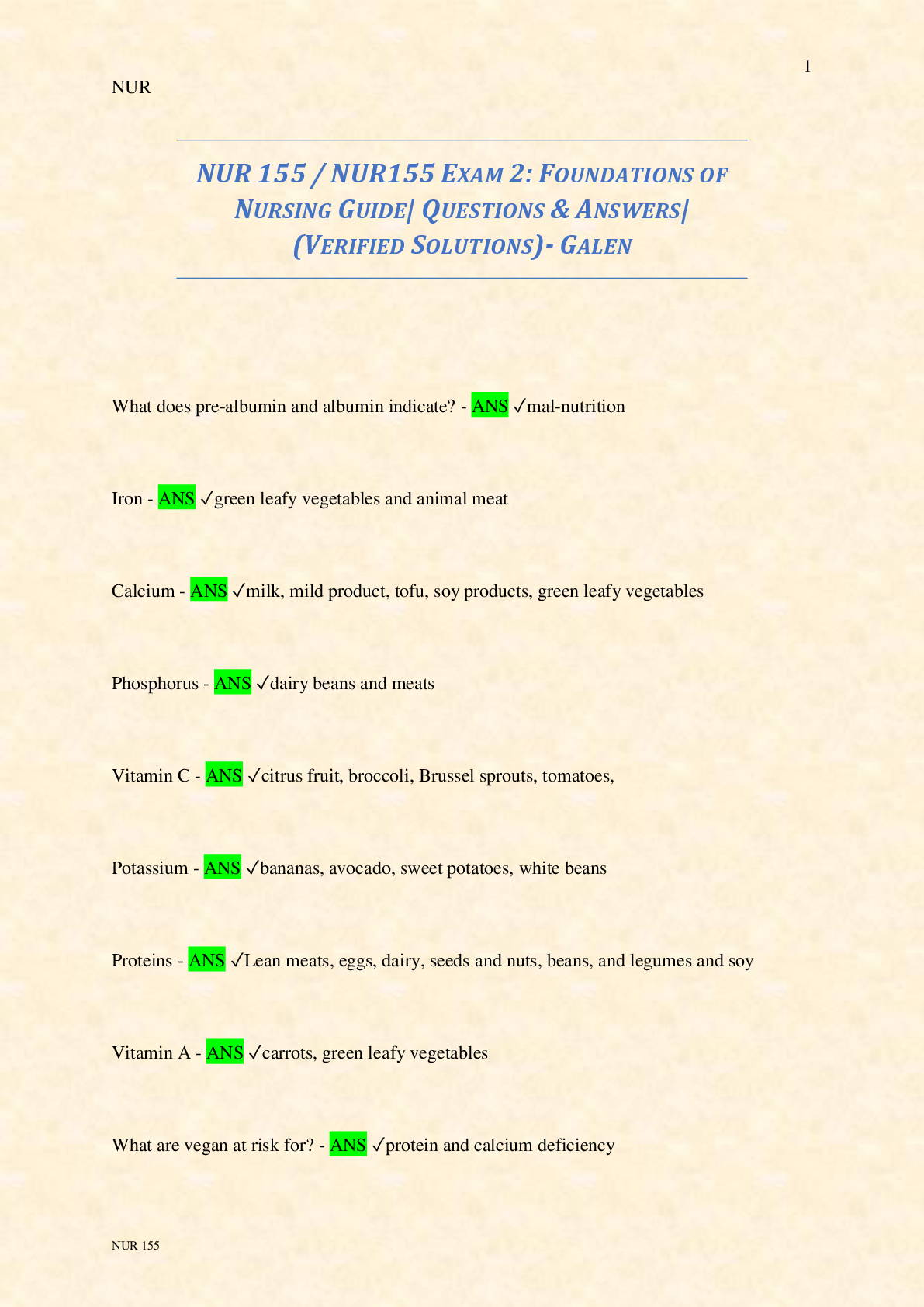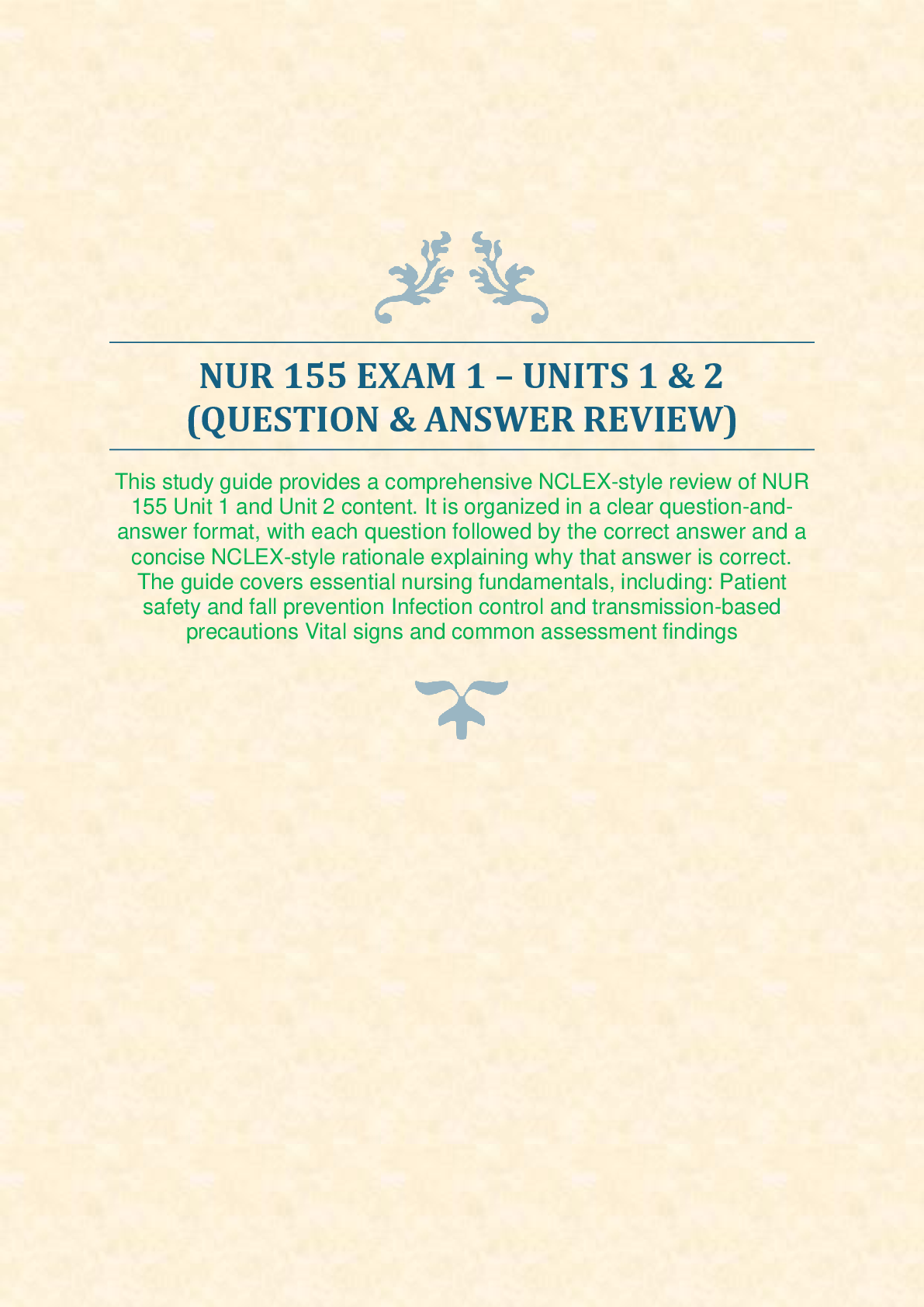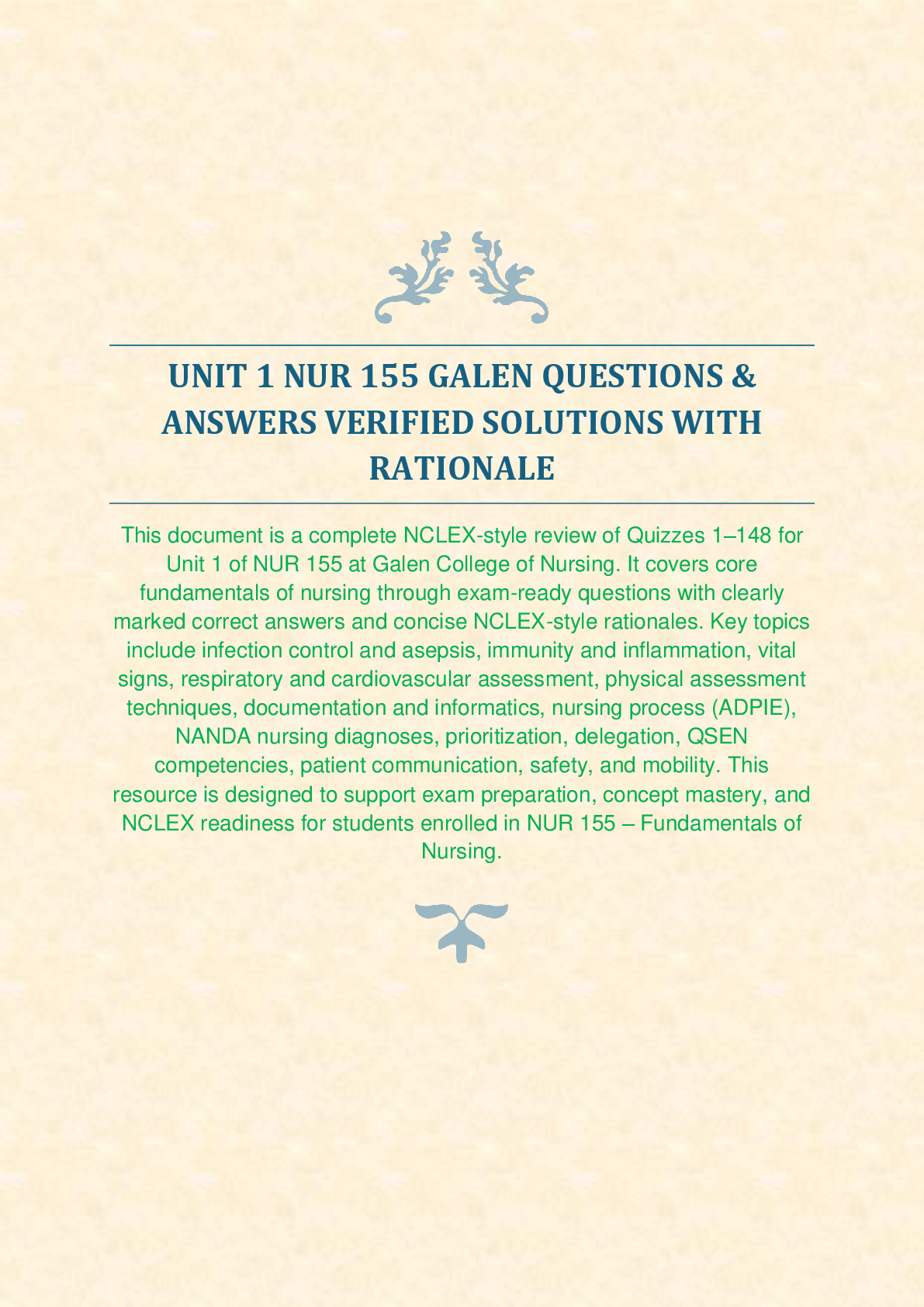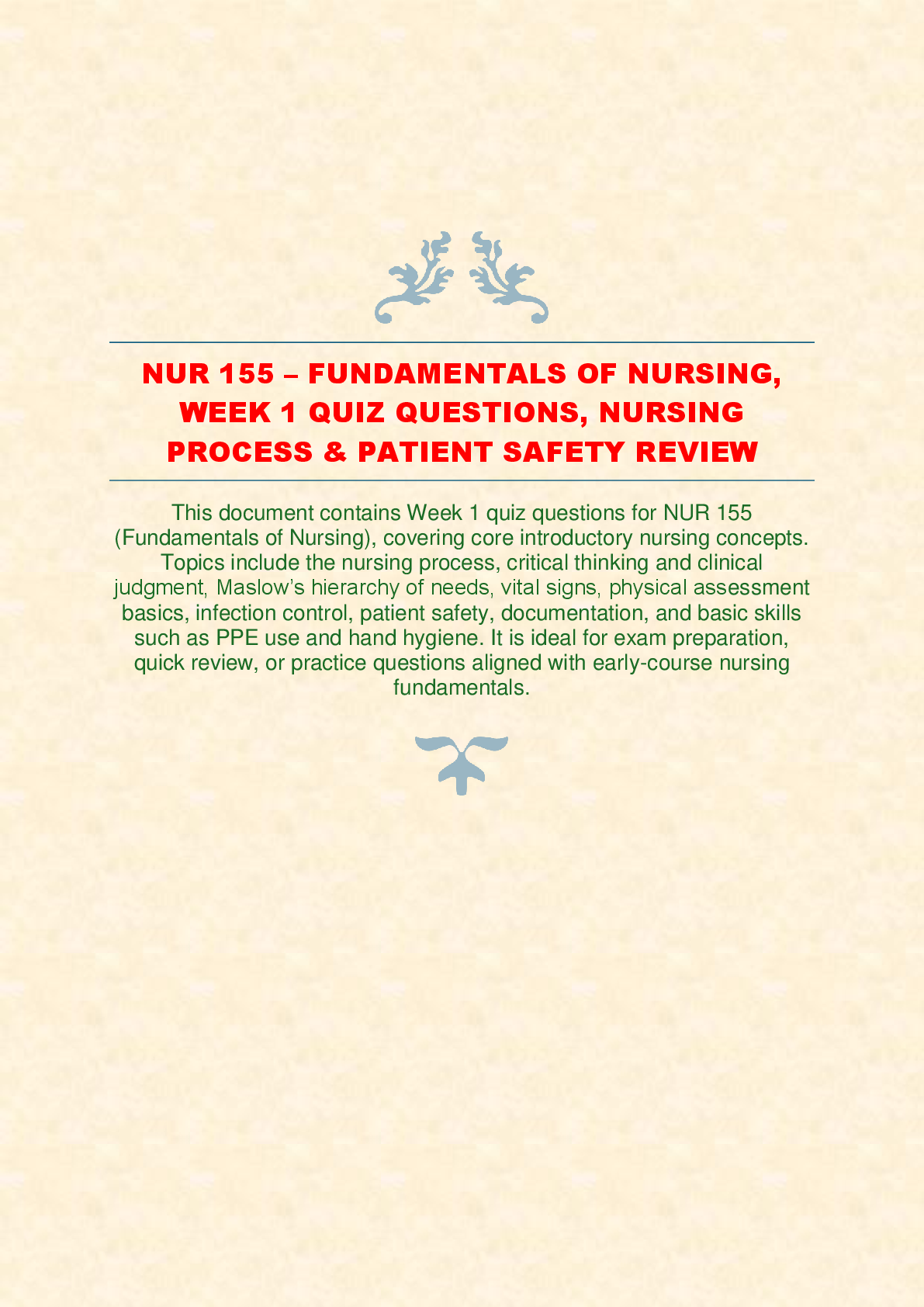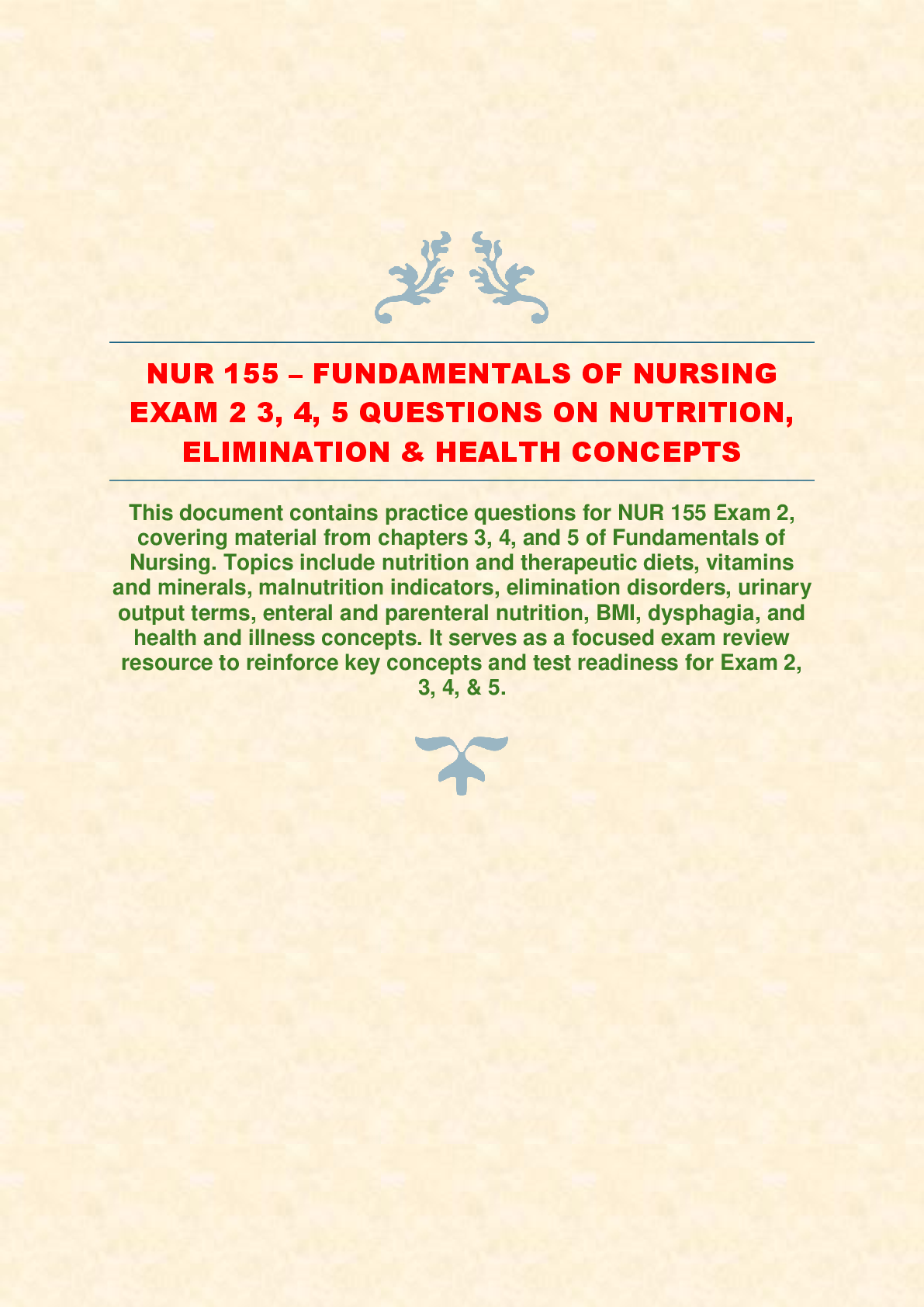How many project management knowledge areas are there in the PMBOK 6th Edition? - ANSWER 10 project management knowledge areas
How many project management processes are covered in the PMBOK 6th Edition? - ANSWER 49 pr
...
How many project management knowledge areas are there in the PMBOK 6th Edition? - ANSWER 10 project management knowledge areas
How many project management processes are covered in the PMBOK 6th Edition? - ANSWER 49 project management processes
What are the 10 project management knowledge areas? - ANSWER Communications Management
Cost Management
Integration Management
Quality Management
Procurement Management
Resource Management
Risk Management
Schedule Management
Scope Management
Stakeholder Management
What are the 5 project management domains? - ANSWER Initiating (8 tasks)
Planning (13 tasks)
Executing (7 tasks)
Monitoring (7 tasks)
Closing (7 tasks)
What are the 8 tasks involved in initiating a project? - ANSWER 1. Assess the project
2. Key deliverables
3. Stakeholder analysis
4. Risks & constraints
5. Project charter
6. Approval of project charter by sponsor
7. Benefit analysis
8. Inform stakeholders
Initiating: Task 1 - ANSWER Perform project assessment based upon available information, lessons learned from previous projects, and meetings with relevant stakeholders in order to support the evaluation of the feasibility of new products or services within the given assumptions and/or constraints.
Initiating: Task 2 - ANSWER Identify key deliverables based on the business requirements in order to manage customer expectations and direct the achievement of project goals.
Initiating: Task 3 - ANSWER Perform stakeholder analysis using appropriate tools and techniques in order to align expectations and gain support for the project
Initiating: Task 4 - ANSWER Identify high level risks, assumptions, and constraints based on the current environment, organizational factors, historical data, and expert judgement, in order to propose an implementation strategy.
Initiating: Task 5 - ANSWER Participate in the development of the project charter by compiling and analyzing gathered information in order to ensure project stakeholders are in agreement on its elements.
Initiating: Task 6 - ANSWER Obtain project charter approval from the sponsor, in order to formalize the authority assigned to the project manager and gain commitment and acceptance for the project.
Initiating: Task 7 - ANSWER Conduct benefit analysis with relevant stakeholders to validate project alignment with organizational strategy and expected business value.
Initiating: Task 8 - ANSWER Inform stakeholders of the approved project charter to ensure common understanding of key deliverables, milestones, and their roles and responsibilities.
What are the 13 tasks involved in planning a project? - ANSWER 1. Review project & deliverables
2. Sope management plan
3. Cost management plan
4. Project schedule
5. HR management plan
6. Communications management plan
7. Procurement management plan
8. Quality management plan
9. Change management plan
10. Risk management plan
11. Present project management plan to stakeholders
12. Project kick-off meeting
13. Stakeholder management plan
Planning: Task 1 - ANSWER Review and assess detailed project requirements, constraints, and assumptions with stakeholders based on the project charter, lessons learned, and by using requirement gathering techniques in order to establish detailed project deliverables.
Planning: Task 2 - ANSWER Develop a scope management plan, based on the approved project scope and using scope management techniques, in order to define, maintain, and manage the scope of the project.
Planning: Task 3 - ANSWER Develop a cost management plan based on the project scope, schedule, resources, approved project charter and other information, using estimating techniques, in order to manage project costs.
Planning: Task 4 - ANSWER Develop the project schedule based on the approved project deliverables and milestones, scope, and resource management plans in order to manage timely completion of the project.
Planning: Task 5 - ANSWER Develop the human resource management plan by defining the roles and responsibilities of the project team members in order to create a project organizational structure and provide guidance regarding how resources will be assigned and managed.
Planning: Task 6 - ANSWER Develop the communications management plan based on the project organizational structure and stakeholder requirements, in order to define and manage the flow of project information.
Planning: Task 7 - ANSWER Develop the procurement management plan based on the project scope, budget, and schedule, in order to ensure that the required project resources will be available.
Planning: Task 8 - ANSWER Develop the quality management plan and define the quality standards for the project and its products, based on the project scope, risks, and requirements in order to prevent the occurrence of defects and control the cost of quality.
Planning: Task 9 - ANSWER Develop the change management plan by defining how changes will be addressed and controlled in order to track and manage change.
Planning: Task 10 - ANSWER Plan for risk management by developing a risk management plan; identifying, analyzing, and prioritizing project risk; creating the risk register; and defining risk response strategies in order to manage uncertainty and opportunity through the project life cycle.
Planning: Task 11 - ANSWER Present the project management plan to the relevant stakeholders according to applicable policies and procedures in order to obtain approval to proceed with project execution.
Planning: Task 12 - ANSWER Conduct kick-off meeting, communicating the start of the project, key milestones, and other relevant information in order to inform and engage stakeholders and gain commitment.
Planning: Task 13 - ANSWER Develop the stakeholder management plan by analyzing needs, interests, and potential impact in order to effectively manage stakeholders' expectations and engage them in project decisions.
What are the 7 tasks involved in executing a project? - ANSWER 1. Assemble human and procurement resources
2. Follow the project management plan
3. Implement quality management plan
4. Follow the change management plan
5. Follow the risk management plan
6. Implement the communications plan
7. Follow the stakeholder management plan
Executing: Task 1 - ANSWER Acquire and manage project resources by following the human resource and procurement management plans in order to meet project requirements.
Executing: Task 2 - ANSWER Manage task execution based on the project management plan by leading and developing the project team in order to achieve project deliverables.
Executing: Task 3 - ANSWER Implement the quality management plan using the appropriate tools and techniques in order to ensure that work is performed in accordance with required quality standards.
Executing: Task 4 - ANSWER Implement approved changes and corrective actions by following the change management plan in order to meet project requirements.
Executing: Task 5 - ANSWER Implement approved actions by following the risk management plan in order to minimize the impact of the risks and take advantage of opportunities on the project.
Executing: Task 6 - ANSWER Manage the flow of information by following the communications plan in order to keep stakeholders engaged and informed.
Executing: Task 7 - ANSWER Maintain stakeholder relationships by following the stakeholder management plan in order to receive continued support and manage expectations.
What are the 7 tasks involved in monitoring and controlling a project? - ANSWER 1. Measure project performance
2. Ensure the change management plan is followed
3. Ensure quality of project deliverables conform with the quality management plan
4. Assess risks response based on the risk management plan
5. Review issue log
6. Collect lessons learned
7. Ensure procurement tasks conform to the procurement management plan
Monitoring: Task 1 - ANSWER Measure project performance using appropriate tools and techniques in order to identify and quantify any variances and corrective actions.
Monitoring: Task 2 - ANSWER Manage changes to the project by following the change management plan in order to ensure that project goals remain aligned with business needs.
Monitoring: Task 3 - ANSWER Verify that project deliverables conform to the quality standards established in the quality management plan by using appropriate tools and techniques to meet project requirements and business needs.
Monitoring: Task 4 - ANSWER Monitor and assess risk by determining whether exposure has changed and evaluating the effectiveness of response strategies in order to manage the impact of risk and opportunities on the project.
Monitoring: Task 5 - ANSWER Review the issue log, update if necessary, and determine corrective actions by using appropriate tools and techniques in order to minimize the impact of the project.
Monitoring: Task 6 - ANSWER Capture, analyze, and manage lessons learned, using lessons learned management techniques in order to enable continuous improvement.
Monitoring: Task 7 - ANSWER Monitor procurement activities according to the procurement plan in order to verify compliance with project objectives.
What are the 7 tasks involved in closing a project? - ANSWER 1. Stakeholder acceptance of project closure
2. Transfer of ownership
3. Financial, legal, and admin acceptance of project closure
4. Share final project report per the communications management plan
5. Create project review by compiling lessons learned
6. Archive project documents
7. Obtain feedback
Closing: Task 1 - ANSWER Obtain final acceptance of the project deliverables from relevant stakeholders in order to confirm that project scope and deliverables were achieved.
Closing: Task 2 - ANSWER Transfer the ownership of deliverables to the assigned stakeholders in accordance with the project plan in order to facilitate project closure.
Closing: Task 3 - ANSWER Obtain financial, legal, and administrative closure using generally accepted practices and policies in order to communicate formal project closure and ensure transfer of liability.
Closing: Task 4 - ANSWER Prepare and share the final project report according to the communications management plan in order to document and convey project performance and assist in project evaluation.
Closing: Task 5 - ANSWER Collate lessons learned that were documented throughout the project and conduct a comprehensive project review in order to update the organization's knowledge base.
Closing: Task 6 - ANSWER Archive project documents and materials using generally accepted practices in order to comply with statutory requirements and for potential use in future projects and audits.
Closing: Task 7 - ANSWER Obtain feedback from relevant stakeholders using appropriate tools and techniques and based on the stakeholder management plan in order to evaluate their satisfaction.
Enterprise environmental factors (EEF) - ANSWER Rules and policies you must follow.
Organizational process assets (OPA) - ANSWER Benefits or things that have been created for you that you get to use a project manager (software, systems, templates, etc.), based on past experiences.
Organizational systems - ANSWER The structure of the organization and how work gets done within that structure. E.g., governance framework, management elements, organizational structure.
Organizational knowledge repositories - ANSWER Where knowledge is stored: databases, documents, software, file cabinet, etc.
Project Integration Management - ANSWER Concerned with coordinating all aspects of the project plan and is highly interactive.
Scope Management - ANSWER The processes involved in defining and controlling what work is or is not included in a project.
Schedule Management - ANSWER Defining the activities, sequence of activities, and duration of activities involved in completing the project.
Cost Management - ANSWER Estimating costs to develop a budget and then control costs to stick to the budget.
Quality Management - ANSWER Ensuring that what's delivered is what was requested and meets specified standards.
Resource Management - ANSWER Managing the use of physical and human resources.
Communications Management - ANSWER Planning the communication strategies for stakeholders.
Procurement Management - ANSWER Not every project requires purchasing, but when a project does this deals with planning for procurement processes.
Stakeholder Management - ANSWER Managing people who are affected by the project or could affect the project.
What is a project? - ANSWER When you are Moving, Adding, Changing, or Deleting (MACD) something. A project must have an end, otherwise it is not a project, it's day-to-day operations.
A project drives change.
Project Initiation Context - ANSWER The reason an organization starts a project (business value):
1. regulatory, legal, or social requirement
2. stakeholder request
3. technological advance
4. create, fix, or improve products, processes, or services
Business Value - ANSWER The benefits for the organization and stakeholders.
Tangible and intangible business value.
Tangible business value - ANSWER Value that stakeholders physically receive: monetary assets, stockholder equity, fixtures and tools, market share.
Intangible business value - ANSWER Value that stakeholders receive that does not have a physical form: goodwill and reputation, brand recognition, public benefit, trademarks, strategic alignment.
What is a project manager?
# of processes
5 process groups - ANSWER Application of knowledge, skills, tools, and techniques to meet the project requirements.
49 project management processes
Five project management process groups:
1. Initiating
2. Planning
3. Executing
4. Monitoring
5. Closing
Progressive Elaboration - ANSWER Starting very broadly and getting more and more specific.
1. Idea / concept
2. Formulate idea
3. Business case
4. Feasibility study
5. Project
Project management life cycle - ANSWER Comprised of the 5 process groups (domains): Initiating, Planning, Executing, Monitoring, and Closing.
Global to project management and can be applied to application areas.
Project life cylce - ANSWER Unique to each type of project. Describes the phases of each project (e.g., SDLC has its own phases).
Milestone - ANSWER End of a phase, or accomplishment within a project.
Program Management - ANSWER Multiple related projects where it's more beneficial that they be managed together rather than separately.
Portfolio Management - ANSWER All of the things an organization is invested in, including program management and organizational project management.
Portfolios are about maximizing ROI. Considerations include:
Scope
Change
Planning
Management
Success factors
Monitoring
Organizational Project Management - ANSWER Coordinate and control portfolios, programs, and projects so that our methods are consistent (uniformity across the org about how to manage projects).
Initiating process group (2) - ANSWER 1. Develop project charter
2. Identify stakeholders
Planning process group (24) - A
[Show More]
